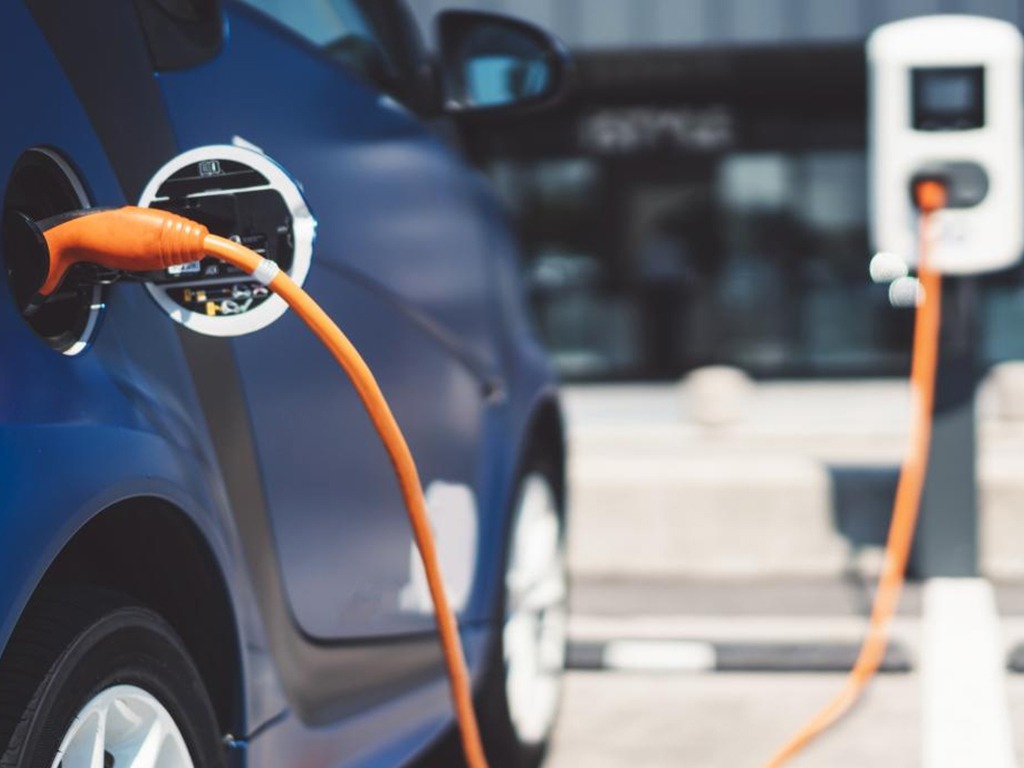Federal Minister for Science and Technology Fawad Chaudhry has said that electric cars will soon be a common site in Pakistan. He said this during the launch of an upgraded version of the Lahore Chambers of Commerce website.
In December, the federal cabinet had approved Pakistan’s first Electric Vehicle Policy. The Electric Vehicle (EV) Policy and the Mobile Manufacturing Policy were endorsed by the federal cabinet following their approval by the Economic Coordination Committee (ECC) on December 16.
It has been mentioned time and again that the introduction of EVs is not only dependant on the availability of vehicles but also on the charging infrastructure available in the country. Anyone driving an EV would require a vast network of charging stations especially on motorways and highways to travel without range anxiety. The charging infrastructure cannot be planned and built like conventional fuel stations because 1. High voltage electricity is required for the charging station and 2. It takes at least 45 minutes for a supercharger to charge a car up to 80% of its capacity. If, according to the vision of the government, 30% cars on roads are EVs by 2030 the lack of sufficient charging facilities would result in hours of wait at charging stations.
In addition to long waiting lines the limited range of EVs makes it impossible to drive them on long routes or vacations. Under the current environment EVs are only in-city vehicles and the government needs to invest heavily on creating an extensive EV charging infrastructure.







